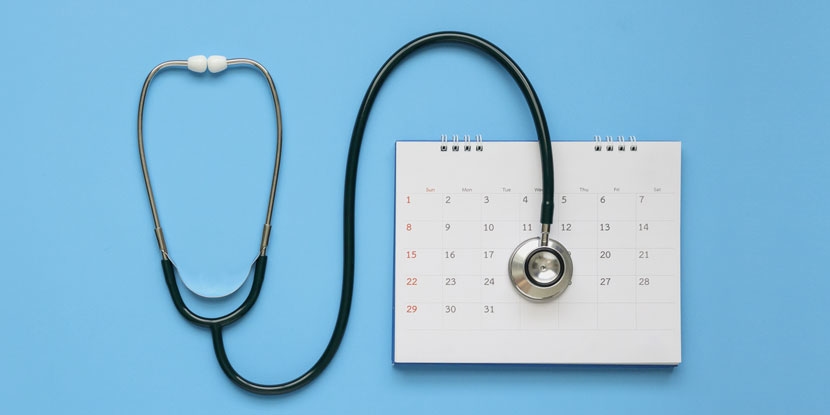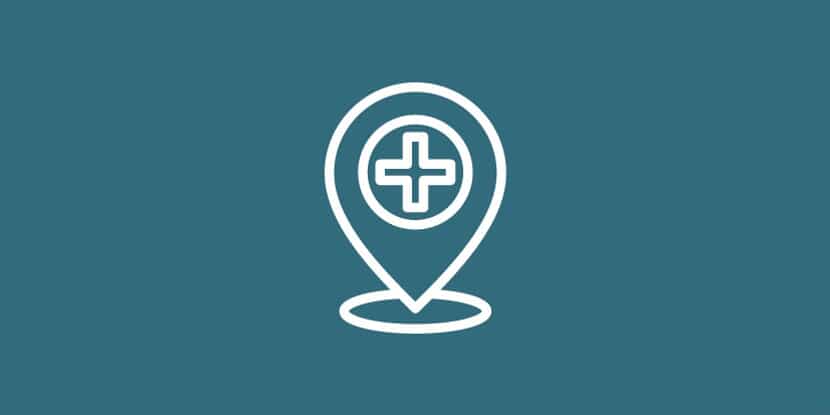
Pharmacy
Convenient Pharmacy Services for Our Greater Cleveland Community
The retail Southwest Community Pharmacy is located in the Main Lobby on our Main Campus in Middleburg Heights. Our goal is to provide convenient, easily accessible pharmacy services to our community, including eastern Lorain, northern Medina and southwestern Cuyahoga counties.
The Southwest Community Pharmacy provides an easy way to:
- Fill a prescription
- Pick up home-going prescriptions prior to discharge from the hospital through our new Discharge Prescription Service
- Use most prescription insurance plans, including Medicare Part D
- Purchase over-the-counter medications
- Purchase a variety of health products and durable medical equipment, including an extensive line of Medela breast pumps
- Flavor liquid medications using the FLAVORx system--ask about compatible flavors
- Use MasterCard, VISA, American Express, Discover, Flexible Spending Account (benefit) and debit cards
Flu shots are now available:
Monday-Friday: 7:30 a.m.-5 p.m.
- Walk-ins welcome
- Entire process takes about 30 minutes
- $0 copay on many insurances
- Must be 18 years or older
Hours of Operation
We are open during the following hours:
Monday-Friday: 7:30 a.m. - 5 p.m.
Closed on weekends and major holidays
Parking is available in any of the hospital's free parking garages or surface lots.
If you have any questions, would like to learn more about our services, or need to refill your prescription medications, call the Southwest Community Pharmacy at 440-816-8410 today.
-
 August 14 Personal Medication Review with a Pharmacist View Event Details
August 14 Personal Medication Review with a Pharmacist View Event Details -
 September 11 Personal Medication Review with a Pharmacist View Event Details
September 11 Personal Medication Review with a Pharmacist View Event Details -
 October 09 Personal Medication Review with a Pharmacist View Event Details
October 09 Personal Medication Review with a Pharmacist View Event Details -
 November 13 Personal Medication Review with a Pharmacist View Event Details
November 13 Personal Medication Review with a Pharmacist View Event Details


